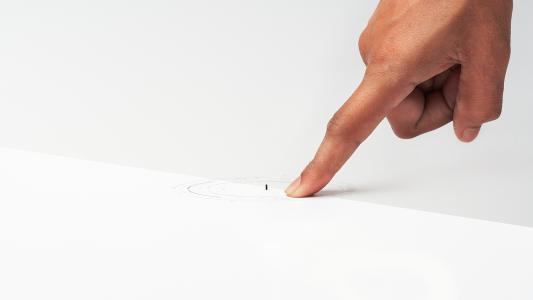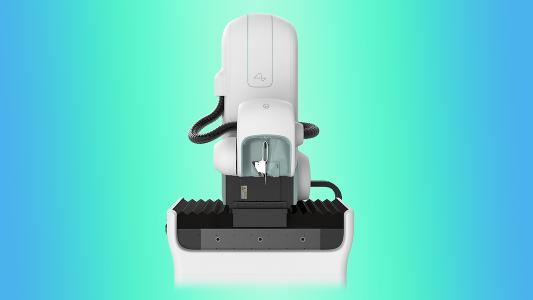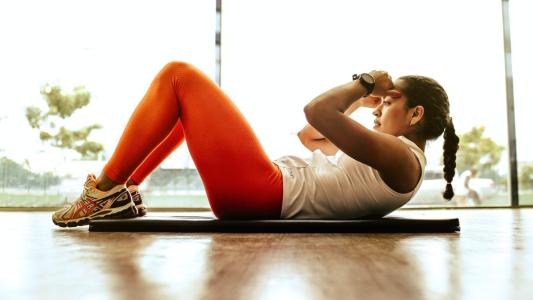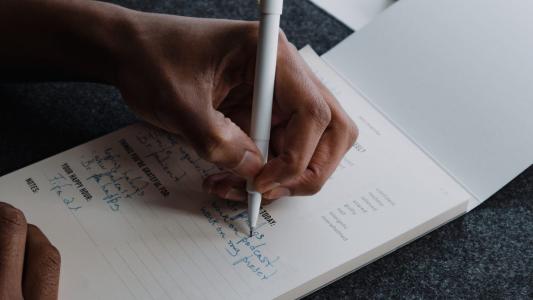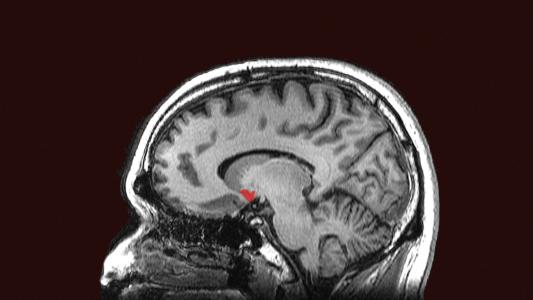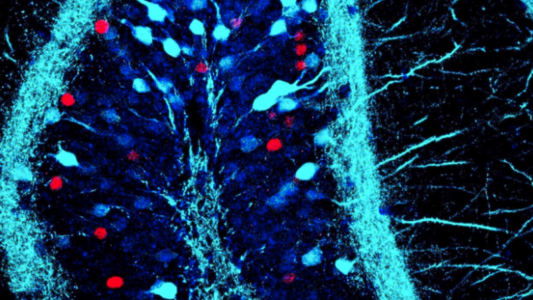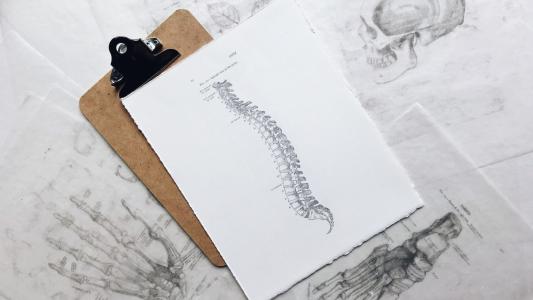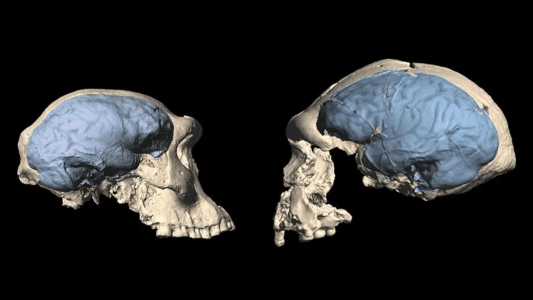Neuroscience
How neuroscience can make us better parents
Kids' brains develop in four main stages. Each has its own particular set of advancements and challenges for parents.
Magnets pull these tiny medical robots deep into the brain
LA-based startup Bionaut Labs is developing micro-sized medical robots that are guided through the body by magnets.
Watch a Neuralink robot insert electrodes into a dummy brain
During a livestreamed event, a Neuralink robot precisely inserted 64 electrode-packed threads into a dummy brain in just 15 minutes.
Exercise boosts the brain — and mental health
New research is revealing how physical activity can reduce and even ward off depression, anxiety and other psychological ailments.
The science of habits
Whether you’re trying to break a bad habit or start a good one, psychologists have some tips to get you started.
How you breathe affects your brain
A psychiatrist and neuroscientists investigate how breathing affect the brain and biological markers of stress and immune function.
Electrically stimulating the brain helps stop binge eating
Two people with binge eating disorder reported that deep brain stimulation helped them control their eating and lose weight in a small study.
Good and bad memories are stored in different neurons, study finds
Positive and negative memories are stored in different parts of the brain, raising the possibility of therapeutic memory manipulation.
Injectable gel repairs severe spinal cord injuries and enables mice to walk
An injectable gel that prevents scar formation and stimulates regeneration successfully repaired severe spinal cord injuries in mice.
Our ancestors first developed humanlike brains 1.7 million years ago
Using computed tomography, a team of researchers generated images of what the brains of early Homo species likely looked like.

